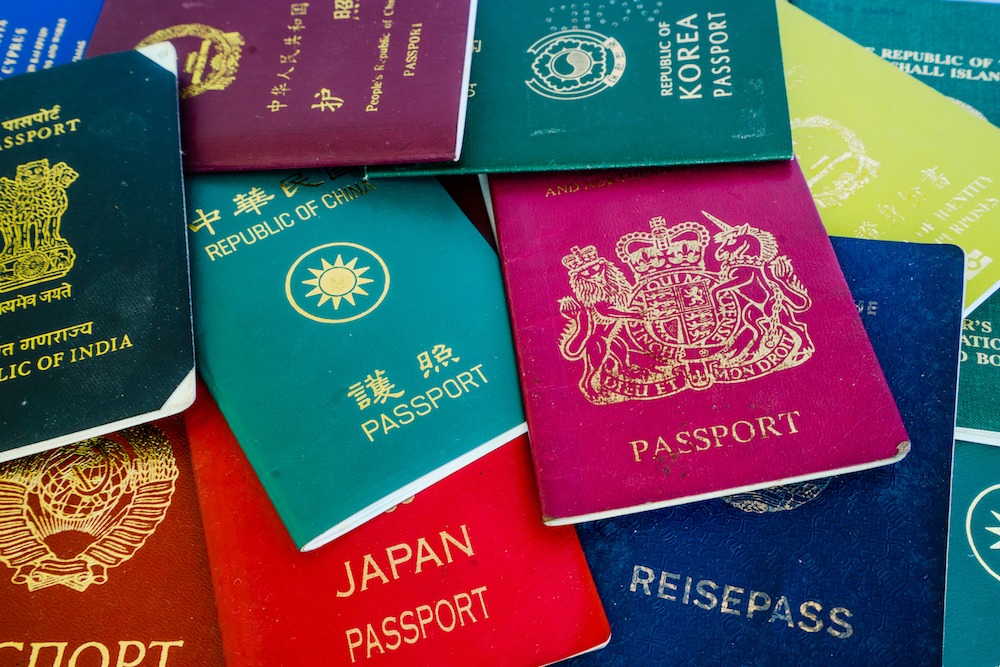Citizenship Is Useful for a Very Ugly Reason
Its Rights and Privileges Are a Way to Deny Respect and Basic Equality Within and Among Nations
Why do we still cling to citizenship?
Certainly, it’s not required to protect your rights. We live in a world of human rights, where slavery is outlawed, gay people can marry, and thinking for yourself (rather than obedience to authority) is valued. So why, in societies based on the ideal of equal human worth, does citizenship still exist?
Citizenship is typically justified with romantic notions—self-determination, democracy, preservation of values. But at its core, citizenship is little more than a certain legal status within a certain legal system. By defining its rights and …









